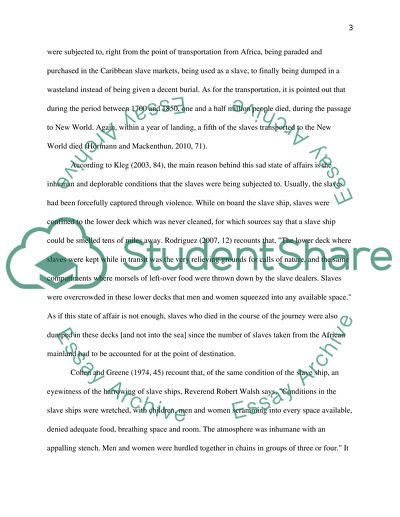Cite this document
(“Racism as the Result of the New World Slavery Essay”, n.d.)
Racism as the Result of the New World Slavery Essay. Retrieved from https://studentshare.org/sociology/1476964-why-is-the-argument-that-racism-was-the-result-of
Racism as the Result of the New World Slavery Essay. Retrieved from https://studentshare.org/sociology/1476964-why-is-the-argument-that-racism-was-the-result-of
(Racism As the Result of the New World Slavery Essay)
Racism As the Result of the New World Slavery Essay. https://studentshare.org/sociology/1476964-why-is-the-argument-that-racism-was-the-result-of.
Racism As the Result of the New World Slavery Essay. https://studentshare.org/sociology/1476964-why-is-the-argument-that-racism-was-the-result-of.
“Racism As the Result of the New World Slavery Essay”, n.d. https://studentshare.org/sociology/1476964-why-is-the-argument-that-racism-was-the-result-of.


